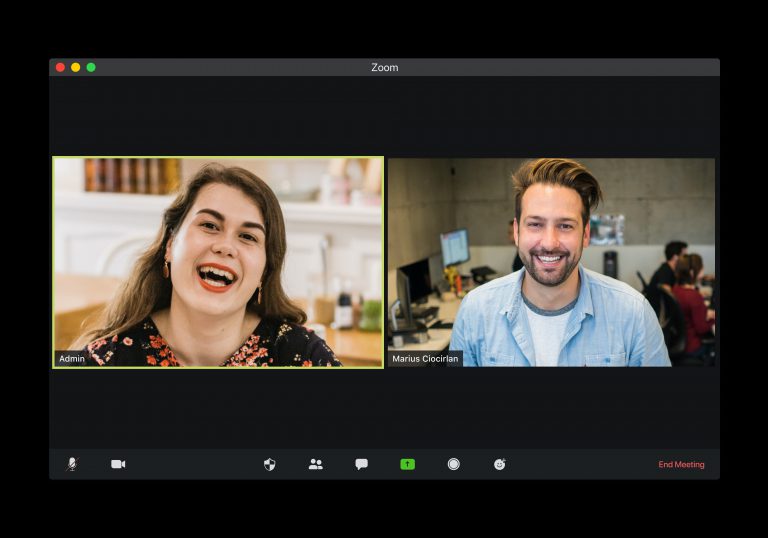Unlike industries that sell physical products, recruitment is all about people – finding the right people for the right jobs. With the advent of new technologies, recruitment is more digital than ever, rendering traditional screening processes untenable. Enter artificial intelligence. Not only does AI technology save time but it can guide the decision-making process too.
In simple terms, the process of recruitment involves identifying and advertising the role, sourcing ideal candidates, screening for a pre-selection, and then sending candidates for the interview. Today, the recruitment industry is moving towards an AI world where computers can complete labour-intensive tasks, improving how recruiters identify the right candidate out of hundreds of possibilities.
How does AI in recruitment work?
The capacity for machines to learn, respond and think like humans is not a future phenomenon. It is happening right now in many different sectors.
By identifying and correlating a large amount of data via machine-learning algorithms, artificial intelligence predicts possible outcomes intelligently. In the world of recruitment, high-performing recruitment software can help create a seamless process by offering data-driven insights to help each step of the way, reducing the time and effort involved.
Some processes assisted by AI to date include:
- Writing job adverts – Augmented writing systems can help write better job adverts by analysing millions of similar job listings and selecting the most successful words and phrases used.
- Processing data – When posting your CV online, a smart platform will ‘read’ it and match it to a job specification. Sifting through a large volume of CVs every day, it beats any human in terms of processing vast amounts of data with speed.
- Archives data – A candidate’s information will be archived for future reference in the event a new opportunity presents itself that perfectly matches their background. Often these platforms will trigger automated timed reminders about top-quality candidates to put them back on a recruiter’s radar.
Certain Intelligent Applicant Tracking Systems (ATS) can resurrect qualified candidates from a database and search for that candidate’s current work history on the web. It can match them against potential vacancies, email them and even target them through Facebook or Google ad campaigns.
Based on predicted employee longevity, a workforce management system can identify potential job seekers looking to move on, thereby engaging interested and qualified prospects. This helps increase the talent pool for the recruiter and reduces the time to seek the right candidates for companies that urgently need to fill a role.
- Unbiased selection process – Traditionally, recruiters would first view a person’s name, address or perhaps education and form an opinion before assessing the candidate’s suitability for the role. AI platforms search by skills and qualifications, which helps reduce the risk of any bias on the part of the recruiter. Some can also track candidates after they’ve been hired to monitor their performance and confirm their retention as a successful match.
Understanding human behaviour – The ability for AI software to read, decipher and understand written and spoken language has become so sophisticated that it can determine personality traits and human sentiment through written and conversational exchanges from standard interview questions, say captured via a text chat.
The jury may be out on video interviews (some view it as biased in the first step of the process) but some visual cues can be detected such as facial expressions and body language which aid in profiling a candidate.
- Screening candidates – Reducing the onboarding time is a useful benefit for both the recruiter and employee. Some software uses facial recognition and digital identity checks to speed up the process and can schedule and record video interviews to review at a later date.
Summary
The long-term aim of any AI should be to improve relationships between recruiters, employers and job seekers, reduce recruitment costs for recruitment companies, their clients, and improve overall productivity.
AI holds many exciting possibilities for the recruitment sector. As we have shown, it’s not a future trend, it’s happening now. To discuss your organisation’s technology strategy, please get in touch with a member of our team who will be pleased to understand your business and recommend an approach that will help you serve your customers better.
We have a wealth of experience working within the recruitment and staffing sector. From candidate sourcing to onboarding, payroll and personnel management, we can help so please get in touch.






